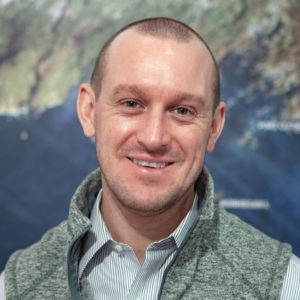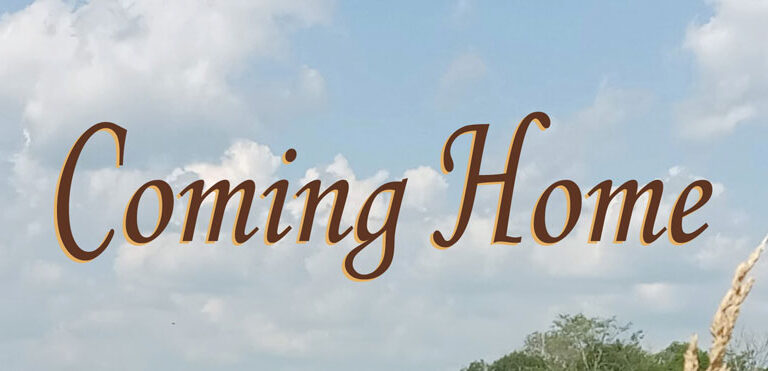The current threats to the lobster fishery, and consequently our coastal economy, presented by pending federal regulations to protect the critically endangered right whale have me reflecting on my experience as an academic studying the fishery and my family’s experience within the fishery.
It was almost exactly 100 years ago that the fishery found itself facing near collapse, with hundreds of livelihoods in the balance. This collapse was caused by the over exploitation of the resource to serve the canning industry in Maine.
Rather than splintering the fishery, these conflicts led directly to regulations.
Between the end of the Great Depression and the 1970s, leaders within the fishery, whose thinking was forged in that earlier crucible of impending collapse, recognized the impacts of overfishing and took action. Often these actions were met with resistance from other fishermen (mostly men at the time) and occasionally from the scientific community that did not yet recognize the value of the fishery’s on-the-water experience and its own unique method of scientific observation.

Rather than splintering the fishery and further driving wedges between it and the scientific community, these conflicts led directly to the regulations and co-management practices that would eventually lead to the fishery being heralded as the model for sustainable management. Our lobstering history is an example of how we could address the challenges of natural resource management and avoid the pitfalls of the “tragedy of the commons.”
This path was not easily trod, but required the vision, foresight, and dedication of leaders across the coast who were willing, and courageous enough, to have the difficult conversation and to say, “We can be better, for ourselves, for our children, and for the future of this fishery.”
Faced with a new challenge to the fishery, one that shouldn’t come as a surprise, given the last 20 years of conversations around the critically endangered right whale, we find ourselves with the opportunity to learn from the past. We can replicate the successes of past generations in confronting change for the betterment of the fishery, which means so much to our economy, heritage, and culture. The road will not be easy and will require the dedication of brave leaders in the fishery, communities, and businesses; dedication to a new vision for the coast, and how we carve out a place for both the whale and the lobster fishery.
We recognize that regulations to protect the critically endangered right whale will have direct impacts on people and their livelihoods. We also recognize it will take all of us working together to deal with all challenges, real or percieved, to the resilience of the communities we love.
We have five years to innovate and adapt, a luxury not normally afforded to other industries, sectors, or businesses facing collapse. We also have the passionate dedication to the coast and islands of 50 of the most incredible people I have had the privilege of working with at the Island Institute.
We bring to this challenge a holistic and integrated approach that is unique. We have the ability to connect this latest challenge to myriad other challenges we work on every day. More importantly, we focus on opportunities, and what the coast could be. It will be this vision of the future, forged alongside industry and community leaders, that will guide us to impact.
I shed two tears in writing this, one of sadness for the fear I feel of what the future may hold if we don’t work together, and one of hope for the time we have to help the coast we all love.
The fishery and the coast have faced equal challenges in the past and forged a way forward. This will not be the last challenge this fishery faces, but the work we do over the next five years can build the leadership and resilience of this iconic industry so we may face both near-term and long-term challenges and opportunities for innovation.
Sam Belknap is a senior community development officer with the Island Institute, publisher of The Working Waterfront, who works on the marine economy, climate, and energy.




